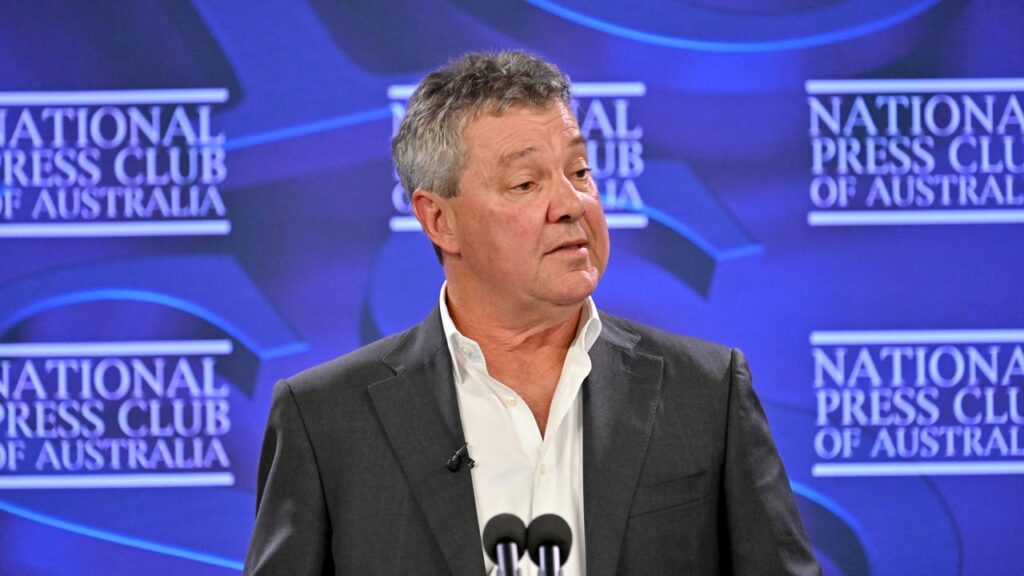No future made in Australia without gas: Bluescope boss
Adrian Black |

Australia’s manufacturing sector is doomed to fail if state governments refuse to fix 15 years of failed gas policies, the nation’s biggest steel manufacturer says.
Despite ample LNG supplies for both exports and domestic users, industrial gas users in eastern states paid more than three times their competitors in the United States and Qatar, Bluescope Steel chief executive Mark Vassella said.
“Despite massive gas reserves, Australia has one of the highest wholesale gas prices, among producer nations in the world,” he told the National Press Club in Canberra on Wednesday.
“We now have the bizarre situation in the eastern Australian market, where over the past decade domestic gas demand has fallen by over 20 per cent, volumes have increased massively, yet gas prices have more than doubled.”

Furthermore, the federal government’s signature domestic manufacturing policy would be impossible without affordable gas for Australian industry, Mr Vasella said.
“No gas, no future made In Australia,” he warned.
Manufacturing Australia, of which Bluescope is a member, is calling for a gas reservation scheme for east coast states and a cap on domestic LNG prices, well-below the current $10.30 per gigajoule east coast average.
This compares to $2.20 and $3.00 in Qatar and the United States.
“Compared to other major gas producers – whether it’s the US, Canada and even Western Australia, the east coast Australian market stands out,” Mr Vasella said.
“It doesn’t have a domestic gas reservation scheme in place, nor is there any form of export permitting.”
Under Manufacturing Australia’s scheme, a proportion of newly contracted and recontracted gas would be reserved, while all uncontracted gas would be reserved for local users.
One suggestion was for government to become a group buyer of gas and reselling it to domestic users, or placing a levy on LNG exports to fund a reduction in prices for domestic consumers.
The Bluescope chief added no one was calling for contracts to be torn up, and added Australia should ignore the “self-serving objections of overseas energy companies”.
“West Australia has had a gas reservation system in place since 2006,” he said.
“In that time, we’ve seen massive investment in Western Australia, and gas production has tripled, so I’m not sure I buy the argument that a reservation system means no one’s going to invest.”
Gas was critical to a wide range of local industries, including Rheem hot water systems, Alcoa aluminium, cement, fertiliser, Dulux paints, bricks, gyprock, and Bluescope’s own Colorbond roofing and cladding.
“Today, our current manufacturing industry is under threat from a restricted supply of affordable gas,” Mr Vasella said.
“This is a problem, but one that can be resolved with sound policy underpinned by clear, longer-term thinking.”
The Bluescope chief’s speech came as federal minster for industry Tim Ayres and Queensland Resources Minister Dale Last announced a $600 million taxpayer-funded package to extend the life of Swiss miner Glencore’s ailing Mount Isa copper smelter and Townsville copper refinery.
Mr Vasella also highlighted the role of gas in firming renewable energy at times when wind and solar weren’t producing electricity.
“Put simply, having gas in the grid allows us to build more renewables, faster,” he said.
“Without gas, the energy transition will be delayed, and net zero targets become more difficult to achieve.”
AAP